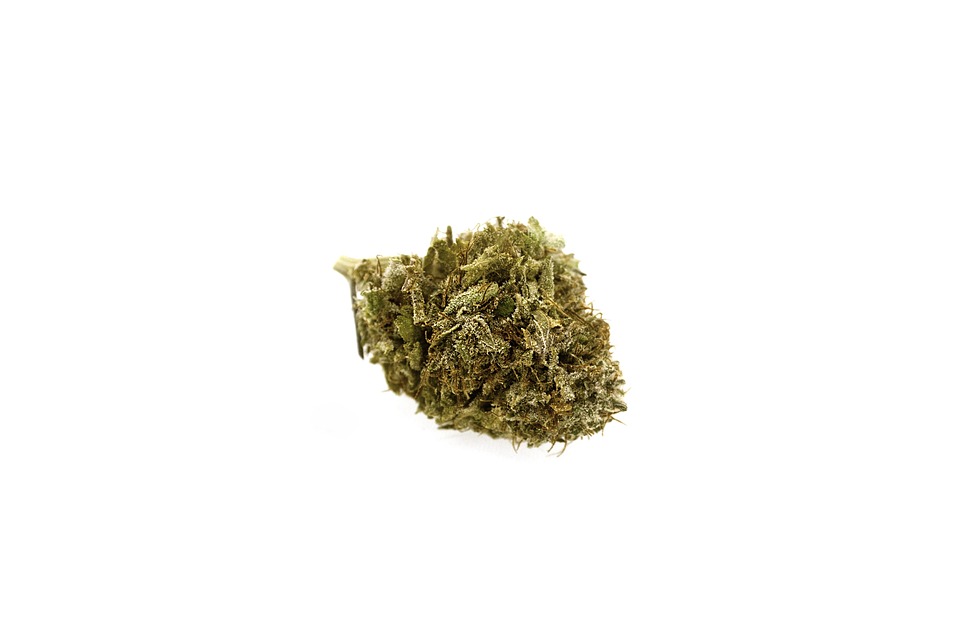Ibogaine, a powerful psychedelic derived from an African shrub long thought to be useful in treating heroin and opiate addiction, was recently the subject of a Stanford study which showed it may also be effective in treating post-traumatic stress disorder.
Stanford researchers followed the journey of 30 veterans of the United States special forces, all of whom had suffered one or more traumatic brain injuries during their military careers from repeated blast exposures. These veterans opted, of their own accord, to go to Mexico where ibogaine treatments are legal to undergo treatment and try to relieve some of their symptoms, which no other drugs known to modern medicine have been able to do.
“No other drug has ever been able to alleviate the functional and neuropsychiatric symptoms of traumatic brain injury,” said Nolan Williams, MD, an associate professor of psychiatry and behavioral sciences. “The results are dramatic, and we intend to study this compound further.”
Ibogaine experiences have anecdotally been described as an incredibly intense experience at best and a horribly unpleasant one at worst. The drug is combined with magnesium in clinical settings, according to a Stanford press release, to prevent heart complications which have been associated with ibogaine in the past. The participants of this study filled out a questionnaire to assess their symptoms before traveling to an ibogaine clinic in Mexico run by Ambio Life Sciences. The participants were screened again after receiving treatment.
“There were a handful of veterans who had gone to this clinic in Mexico and were reporting anecdotally that they had great improvements in all kinds of areas of their lives after taking ibogaine,” Williams said. “Our goal was to characterize those improvements with structured clinical and neurobiological assessments.”
Before receiving treatment, Stanford researchers said the participants of the study were all experiencing severe symptoms of PTSD, depression, anxiety and suicidal ideation to name a few. According to Stanford, all of the participants were experiencing clinically significant levels of disability from their traumatic brain injuries. 23 met the criteria for post-traumatic stress disorder, 14 for anxiety disorder, and 15 for alcohol use disorder. 19 had been suicidal in their lifetimes and seven had previously attempted to take their own lives.
“These men were incredibly intelligent, high-performing individuals who experienced life-altering functional disability from TBI during their time in combat,” Williams said. “They were all willing to try most anything that they thought might help them get their lives back.”
The results of the study showed great promise that ibogaine may be useful in treating some or all of the symptoms these men experienced. Stanford researchers disclosed that before they received treatment, the participants shared an average disability rating of 30.2 on the World Health Organization Disability Assessment Scale 2.0, which in layman’s terms means they all suffered from mild to moderate disability. That number got knocked down to 5.1 after ibogaine treatment, indicating no disability.
The improvements seemed to last beyond the treatment phase as well. One month after receiving ibogaine, which is when the study ended, participants reported an average of 88% reduction in PTSD symptoms, an 87% reduction in depression symptoms and an 81% reduction in anxiety symptoms. Cognitive testing also showed improvements in participants’ concentration, information processing, memory and impulsivity abilities.
Two of the participants chose to publicly share their experiences with ibogaine treatment in the Stanford press release. Both expressed anecdotally that their experiences before and after receiving treatment were night and day respectively. Craig, a 52-year-old study participant from Colorado who served 27 years in the U.S. Navy told Stanford researchers he knew he needed help when he forgot his wife’s name.
“I wasn’t willing to admit I was dealing with any TBI challenges. I just thought I’d had my bell rung a few times — until the day I forgot my wife’s name,” Craig said. “Since [ibogaine treatment], my cognitive function has been fully restored. This has resulted in advancement at work and vastly improved my ability to talk to my children and wife.”
Sean, a 51-year-old veteran from Arizona with six combat deployments, told researchers that ibogaine treatment saved his life.
“Before the treatment, I was living life in a blizzard with zero visibility and a cold, hopeless, listless feeling,” Sean said. “After ibogaine, the storm lifted.”
Despite showing promise both anecdotally and in formal studies, ibogaine is considered a Schedule 1 narcotic in all 50 states, meaning it is considered to have no medical value.


















